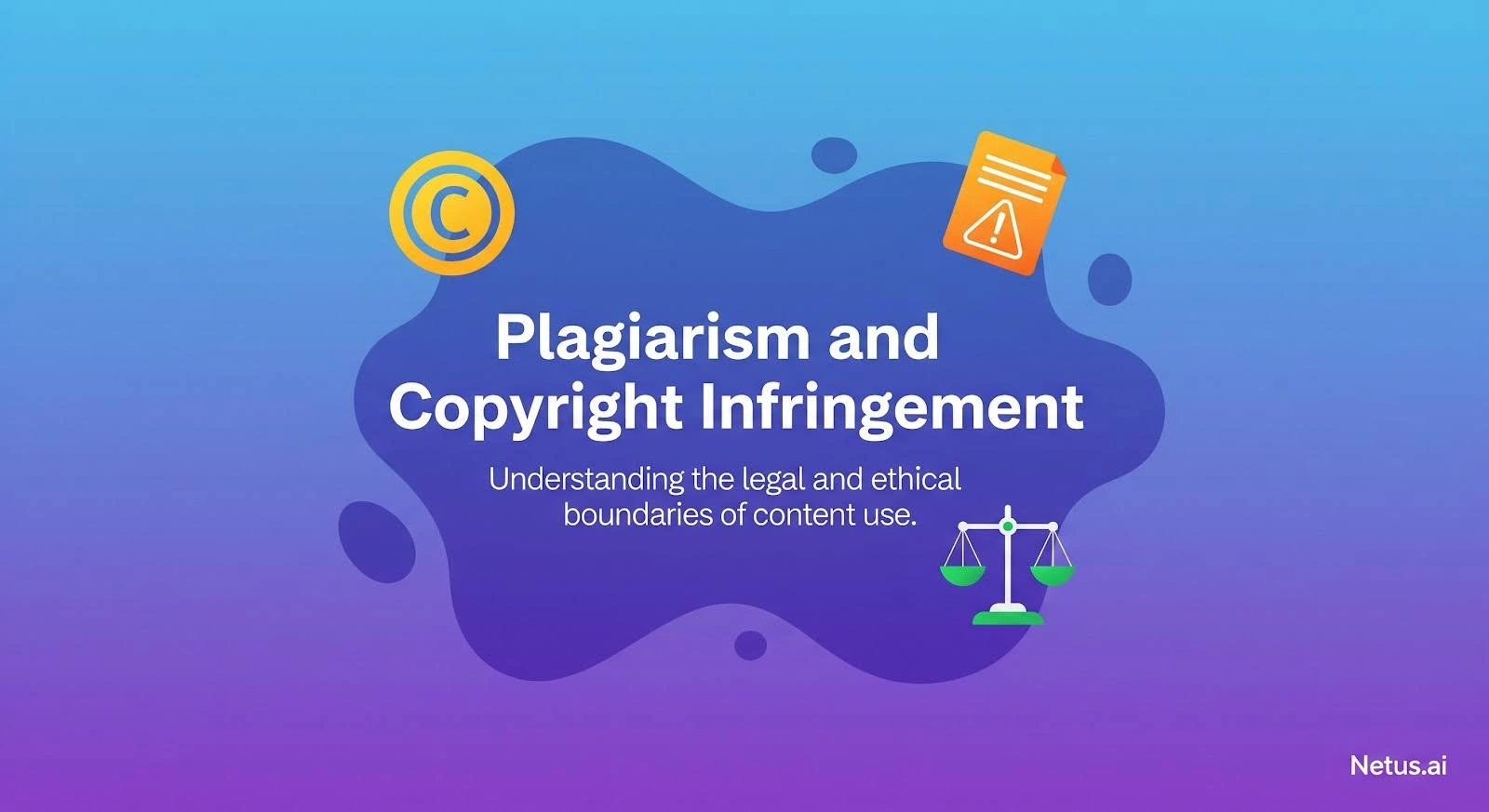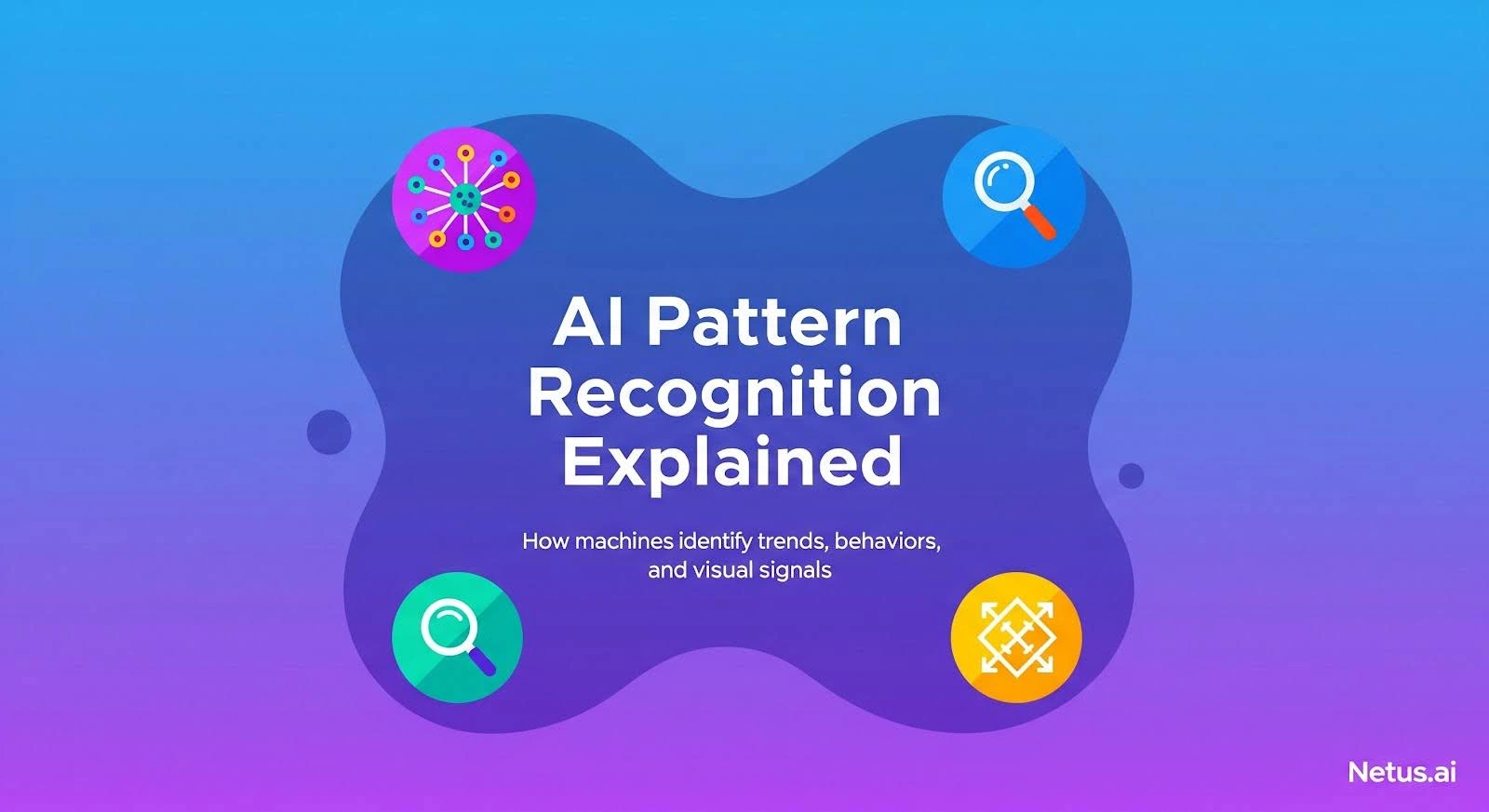Table of Contents
Plagiarism in Music. Plagiarism in the music industry is not a new phenomenon but remains a critical issue for creators. This issue can take various forms, such as copying melodies from original work, incorporating parts of existing melodies into new compositions, unauthorized use of lyrics, or replicating musical ideas and motifs from established songs. These seemingly harmless actions can have significant consequences, especially when the original creator is not given proper credit or recognition for their work.
As the music industry evolves, the prevalence and complexity of plagiarism cases has increased, with many notable examples making headlines over the years. Understanding plagiarism in music is crucial for both creators and consumers alike, as it helps to protect the rights of all involved and maintain the integrity of creative works.
Key Takeaways
- Plagiarism in music is an age-old issue with various forms and consequences.
- The music industry has seen an increase in the complexity of plagiarism cases over time.
- Understanding and addressing music plagiarism is essential to protect creators‘ rights and maintain the integrity of original compositions.
Why Has Plagiarism Increased in the Music Industry?
The widespread availability of music through digital media platforms has made it easier than ever to access, download, and upload songs. This has led to a surge in piracy and music plagiarism cases. The pressure to meet deadlines and produce content quickly can compromise the artistic exploration required to create original tunes. This sometimes results in artists unintentionally plagiarizing others’ works.
- Digital media advancement: Simplified access to music and increased sharing possibilities.
- Deadline pressure: The need to meet tight deadlines can lead to plagiarism.
- Unintentional plagiarism: Artists may inadvertently borrow elements from other works in the process of creating their own music.
Protecting the Creator’s Rights
Copyright infringement can occur when music compositions are plagiarized, potentially leading to a music plagiarism lawsuit. To protect creators’ rights, copyright laws:
- Grant composers exclusive control over their creations
- Limit public access and unauthorized use of melodies
- Establish legal grounds for creators to pursue legal actions against offenders
If found guilty in a U.S. District Court, offenders can face significant financial losses.
How to Identify Plagiarism in Music?
Technology plays a crucial role in identifying instances of plagiarism in music, mainly through vigilant listeners and specialized tools.
Audience members can often recognize when an artist has copied a particular melody or lyrics, thus prompting reports of copyright infringement. Their familiarity with various musical pieces enables them to act as effective judges in cases of potential plagiarism.
Moreover, the advent of plagiarism checkers and copyright checkers has further facilitated the detection of music plagiarism. These tools, often employed by musicologists, assist in comparing songs and identifying possible unauthorized usage.
However, the use of sampling, which involves incorporating a part of an existing sound recording into a new song, can sometimes result in unintentional plagiarism. This occurs when users unknowingly or without proper permission include someone else’s music in their work. To tackle this issue, it is essential for apps and platforms to include disclaimers and alerts to educate users about potential copyright issues and promote responsible usage of sampling.
Real Instances of Plagiarism in Music
Yes, there have been real cases of plagiarism in the music industry, despite its inherent dependence on creativity and originality.
Notable Plagiarism Cases in Songs Throughout History:
George Harrison’s “My Sweet Lord”
In 1970, ex-Beatle George Harrison released My Sweet Lord, which faced controversy due to its striking resemblance to The Chiffons’ 1962 hit “He’s so Fine.” These similarities have led to numerous legal battles over intentional or accidental plagiarism.
John Lennon’s “Come Together” and Copyright Violation
John Lennon’s “Come Together” from the album “Abbey Road” faced a copyright violation accusation because of its similar rhythm pattern to Chuck Berry’s “You Can’t Catch Me.” Though attempts were made to settle the issue out of court, legal action was eventually taken against Morris Levy, the publisher of Chuck Berry.
Coldplay’s “Viva La Vida” Legal Troubles
Guitar legend Joe Satriani accused Coldplay of plagiarizing their song Viva La Vida. Coldplay also faced conflict with a US band Creaky Boards over the same song. Luckily, the case was dismissed and resolved outside the court.
John Fogerty Accused of Self-Plagiarism
Surprisingly, John Fogerty faced self-plagiarism accusations from his old record label. He defended himself successfully and won the case.
Oasis’s “Shakermaker” Controversy
In 1994, Oasis released “Shakermaker,” which had a similar melody to The New Seekers’ Coke commercial song, “I’d Like to Teach the World to Sing.” The issue was resolved with an out-of-court settlement of approximately half a million dollars.
Pharrell Williams and Robin Thicke’s Collaborative Controversy
Pharrell Williams and Robin Thicke faced controversy with their song “Blurred Lines” after Marvin Gaye’s family claimed it had similarities to “Got to Give It Up” released in 1977. The legal proceedings that followed were surprising to both stars.
Elastica’s Close Call with “Three Girl Rhumba”
Elastica’s uptown funk band made headlines with their song that seemed to be inspired by the classic song “Three Girl Rhumba” by Wire. The band had a close call regarding plagiarism allegations in this case.
Final Observations
It’s not uncommon for musicians to draw inspiration from other artists. Similar creative ideas could appear naturally. However, there have been many instances of plagiarism with some artists facing multiple accusations. Often, such disputes are settled outside of court.
Frequently Asked Questions
Well-Known Songs Faced with Plagiarism Allegations
- Blurred Lines: Robin Thicke and Pharrell Williams were accused of plagiarizing Marvin Gaye’s 1977 song “Got to Give It Up.”
- My Sweet Lord: George Harrison’s 1970 hit was said to copy the melody of The Chiffons’ 1963 song “He’s So Fine.”
- Stairway to Heaven: Led Zeppelin faced accusations of plagiarizing the beginning guitar riff from Spirit’s song “Taurus.”
Most Scandalous Plagiarism Incidents in Music
- Robin Thicke and Pharrell Williams: They were ordered to pay $5.3 million to Marvin Gaye’s estate in the Blurred Lines case.
- George Harrison: He was found guilty of “subconscious plagiarism” and had to pay substantial damages for “My Sweet Lord.”
High-Profile Copyright Infringement Cases in Music
- Coldplay and Joe Satriani: Coldplay was taken to court by Joe Satriani for alleged similarities between their song “Viva la Vida” and Satriani’s “If I Could Fly.”
- Ed Sheeran and Matt Cardle: Sheeran was sued for similarities between his hit “Photograph” and “Amazing” by former “X-Factor” winner Matt Cardle.
Recent Allegations of Song Plagiarism
- Katy Perry and Flame: Perry faced a lawsuit claiming that her song “Dark Horse” copied elements from Christian rapper Flame’s song “Joyful Noise.”
- Sam Smith and Tom Petty: Smith settled a dispute over his song “Stay With Me” concerning alleged similarities to Tom Petty’s “I Won’t Back Down.”
Controversial Music Plagiarism Lawsuits Involving Artists
- Sting and Juice WRLD: Sting’s “Shape of My Heart” was at the center of a dispute with Juice WRLD’s song “Lucid Dreams.”
- Marvin Gaye and Ed Sheeran: Sheeran was sued for alleged similarities between his song “Thinking Out Loud” and Gaye’s “Let’s Get It On.”
Instances of Musicians Plagiarizing Themselves
- John Fogerty: In a bizarre case, Fogerty was accused of plagiarizing his own song when his solo track “Old Man Down the Road” was said to be too similar to Creedence Clearwater Revival’s “Run Through the Jungle.”


